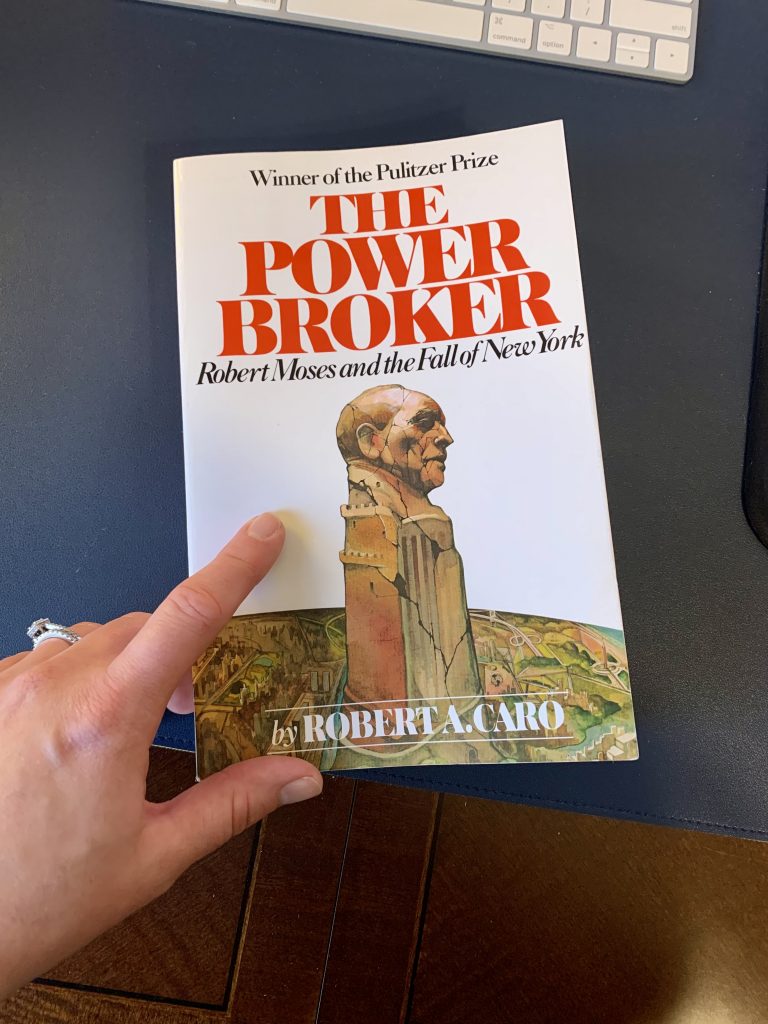10 things I learned, found interesting, or used this month
1. Seneca wrote a few of my favorite quotes about gratitude. He said if we’re not grateful right now, we will never be grateful, even if we’re given the whole world.
2. I’m currently reading the mammoth 1,162-page biography of Robert Moses, “America’s greatest builder”, who shaped most of New York City. I’m about halfway through and so far and it’s fascinating. It’s a jarring, behind-the-scenes look at how government works and how one man came to, and fell from, power.

3. Emotional intelligence doesn’t have to be complicated. It’s mostly a matter of ego.
4. The 100/0 Rule. At eighteen, Darren Hardy went to a seminar where the speaker asked the audience, “‘What percentage of shared responsibility do you have in making a relationship work?’” Audience members shouted out numbers like 50/50, and 51/49, and 80/20. The instructor turned around and wrote on the board: 100/0. “‘You have to be willing to give 100 percent with zero expectation of receiving anything in return’, he said. ‘Only when you’re willing to take 100 percent responsibility for making the relationship work will it work. Otherwise, a relationship left to chance will always be vulnerable to disaster.’”
5. Listen ten times more than you speak. Musonius Rufus said only a slave would be concerned about her voice being heard.
6. Be like a smelly goat. Marcus Aurelius said, “The straightforward and good person should be like a smelly goat— you know when they are in the room with you.” Live straightforwardly, he told himself. Let every utterance be truthful, so no one ever has to question your motives.
7. Contemplate the swings of fortune. Not talking or thinking about loss or death doesn’t mean it won’t happen. It just means it will be all the more distressing when it inevitably does.
8. Love isn’t about someone else. It’s a way of being.
9. Clear the mental and physical clutter. I taped this quote from Discipline is Destiny to my computer: “A person who doesn’t eliminate noise will miss the message from the muses.”
10. Notable books I read this month: The Boys in the Boat by Daniel James Brown, Shop Class as Soulcraft by Matthew B. Crawford